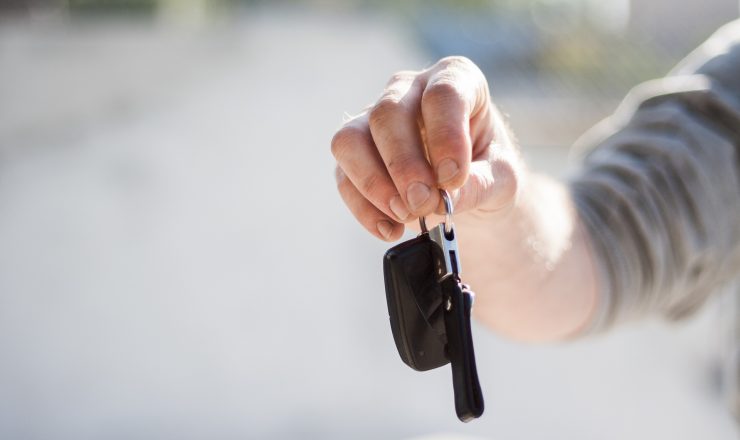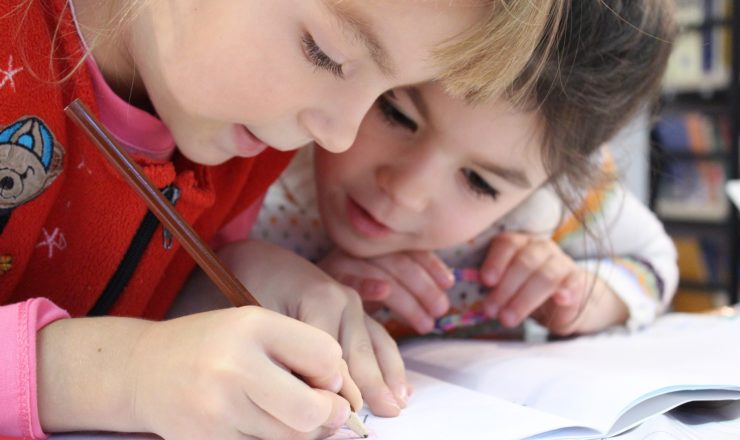Adolescence is an exciting and fragile time. Between puberty, brain development, and navigating developmental tasks of independence and self identification, teens are establishing a self image and self esteem. Self esteem is defined as the thoughts, feelings, and beliefs we hold about ourselves. It is the internal rating system we have for ourselves and affects our relationships with others and the very world we live in. When weak, it can be influenced by day to day failures or blows. When sturdy, it can bring confidence and inner strength to challenging situations.
For teens with favorable self esteem, day to day challenges rarely have lasting impact. The bad grade or negative peer interaction can be a mere bump in the road. But for those with low self esteem, these ups and downs can have a significant impact on self image. A fragile self esteem is easily derailed. Teens with low self esteem feel unwanted and unloved. They will avoid trying new things and are easily influenced. They are not able to accept responsibility for their shortcomings or mistakes and do not view mistakes as learning opportunities.
According to the National Association for Self-Esteem, low self-esteem in teens is linked to the following behaviors:
- Poor academic performance.
- Teen pregnancy.
- Dropping out of school.
- Earlier sexual activity.
- Criminal behavior.
- Alcohol and drug abuse.
- Cutting.
- Disordered eating.
On the contrary, teens with high self esteem are more likely to act independently and take on new challenges. They assume responsibility and demonstrate better frustration tolerance. They are better able to manage the day to day ups and downs.
So what determines whether a child will have a positive or negative self image? Self esteem is affected by numerous factors. Parents, teachers, and coaches influence self esteem by the way they respond to a child’s success and failure. Self esteem is positively impacted when teens are treated with respect and recognized for their efforts and success. Setting healthy limits and allowing our children to learn to set their own limits encourages a positive self image for chidren. As a parent or coach, we can recognize success and even failure when a best effort is given. Allowing teens to earn freedom and privileges can help them develop self confidence and independence which can impact self esteem. In addition, encouraging hobbies and interests can bolster a child’s self esteem.
For teens who struggle with low self esteem, parents can be a part of the solution. Parents can help their teens evaluate problems and identify the things they can control. Teens can learn to manage their inner critic and engage in positive self talk. Parents can be allies in helping teens to set realistic goals for themselves and evaluate progress. In addition, parents can model self compassion and self acceptance. In parenting a teenager through this exciting and fragile time, parents and their offspring alike can benefit from self kindness and forgiveness.
Shelley Coleman M.A., L.P.C.-S.
Shelley Coleman is a Licensed Professional Counselor, parent, and Ironman finisher. She is in private practice in Lakeway where she provides play therapy, child and adolescent counseling, family therapy, group therapy, and parent education. She can be reached at shelleybcolemalpc@gmail.com










